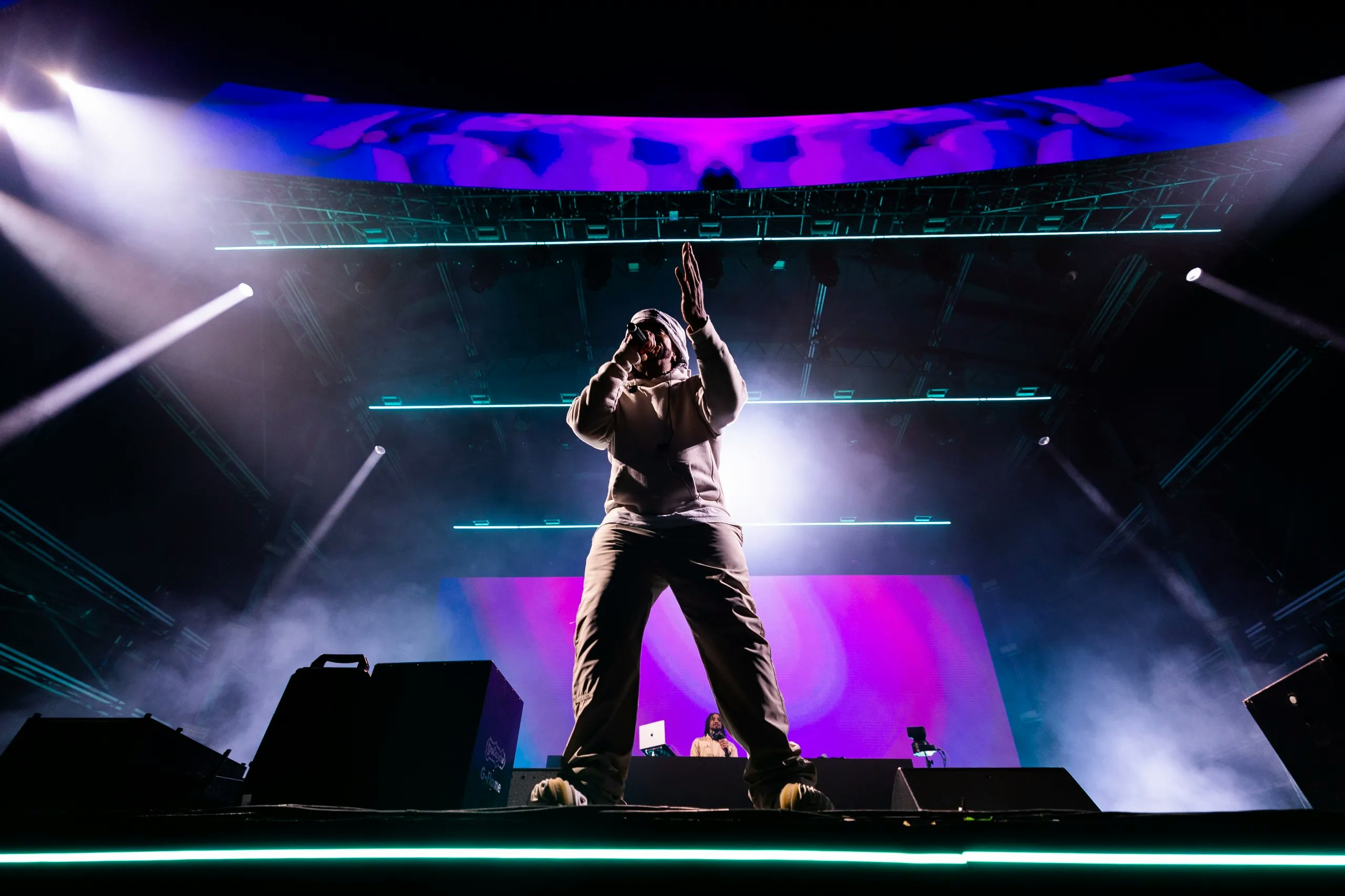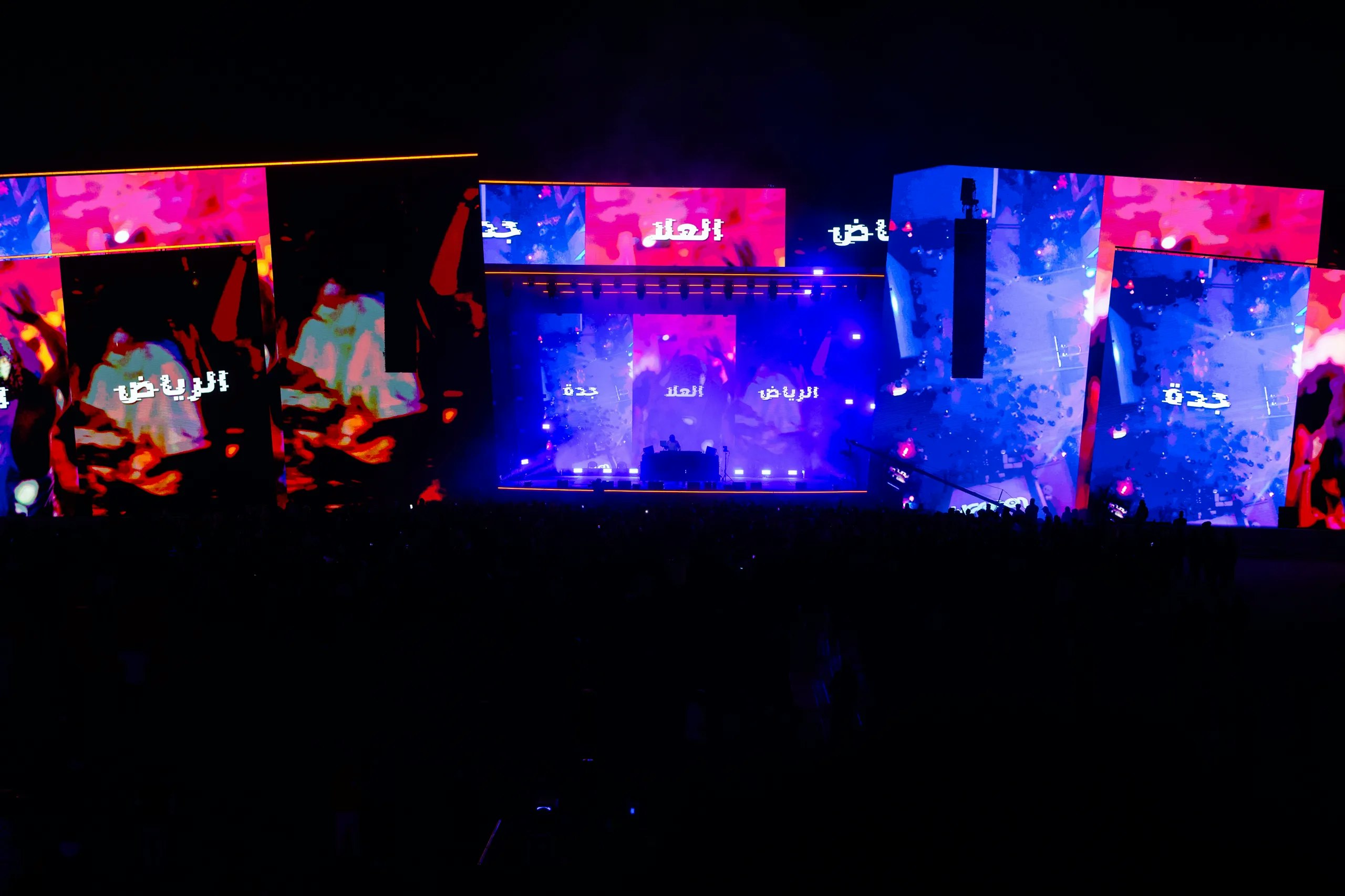
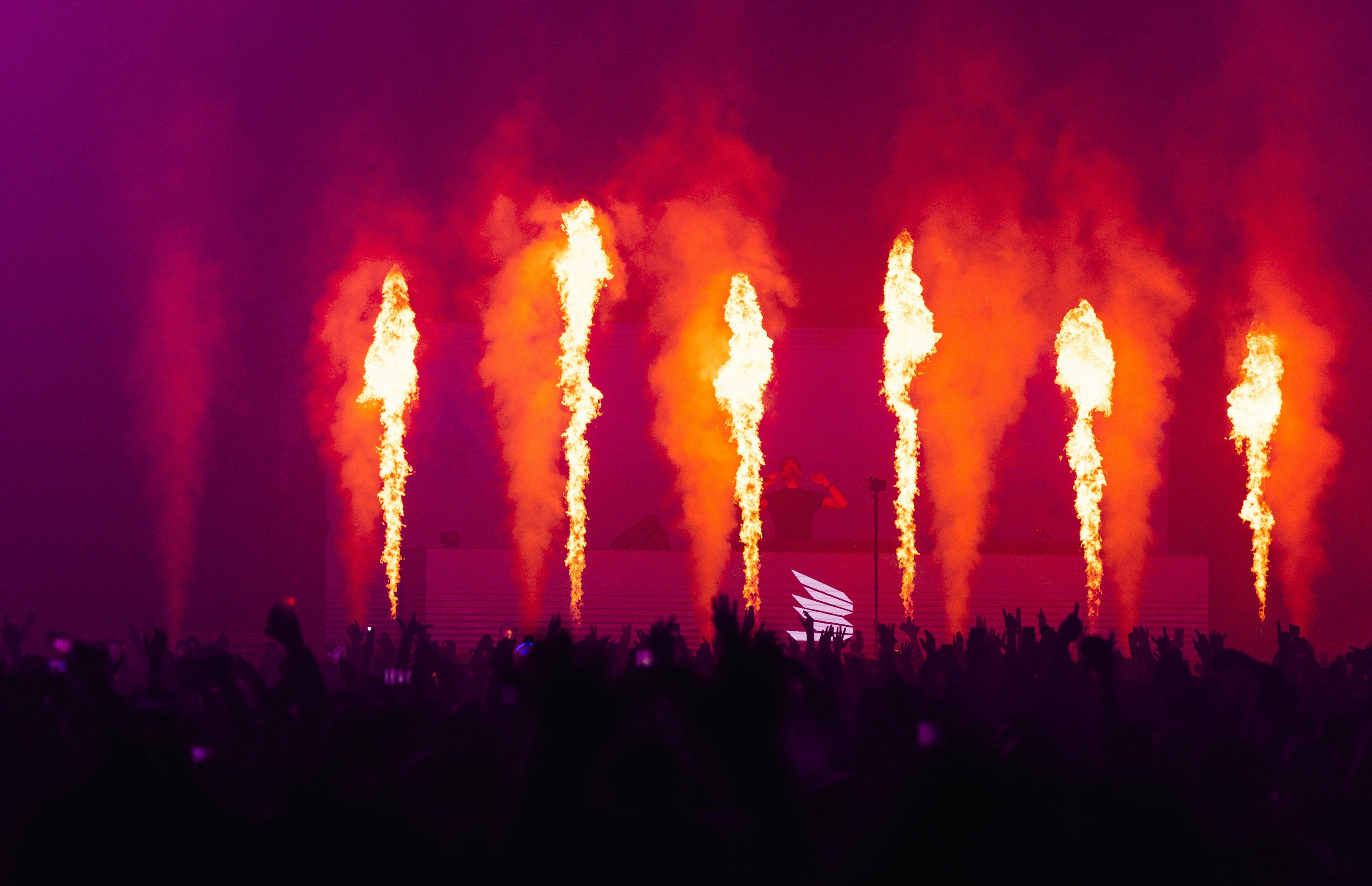
Brief History of Opera: A Harmonious Journey Through Time
By MDLBEAST
May 09 2024
Brief History of Opera: A Harmonious Journey Through Time
By MDLBEAST
May 09 2024
Opera, a captivating art form that combines music, drama, and visual spectacle, has woven itself into the cultural tapestry of the world. Defined by its fusion of vocal and orchestral elements, opera has endured for centuries, enchanting audiences with its emotional intensity and theatrical grandeur. In this exploration of the history of opera, we'll embark on a melodic journey through the origins, evolution, and challenges faced by opera, unraveling the threads that have shaped this enduring art form.
Origins of Opera Music
The roots of opera dig deep into the late Renaissance, with the emergence of the Camerata in Florence. This group of intellectuals and musicians, known as the Florentine Camerata, sought to revive the spirit of ancient Greek drama by combining poetry, music, and singing. Their experiments led to the birth of opera, with Jacopo Peri's "Dafne" often credited as the first true opera, performed in Florence around 1598.
Baroque Opera (17th Century)
The Baroque period ushered in a golden age for opera, marked by the contributions of composers like Claudio Monteverdi. His groundbreaking works, including "L'Orfeo," showcased the expressive power of the human voice and set the stage for the development of opera as a distinct art form. Opera houses sprang up, and the commercialization of opera took hold, making it a popular form of entertainment among the elite.
Classical Period (18th Century)
The Classical era brought refinement to opera, with Wolfgang Amadeus Mozart standing as a towering figure. His masterpieces, such as "Don Giovanni" and "The Magic Flute," displayed a perfect synthesis of music and drama. The era also saw the rise of opera seria and opera buffa, reflecting a broader range of emotions and themes.
Romantic Era (19th Century)
The Romantic period saw opera evolve into a vehicle for emotional expression and dramatic storytelling. Giuseppe Verdi in Italy and Richard Wagner in Germany emerged as influential figures, each leaving an indelible mark on the genre. Verdi's "La Traviata" and Wagner's epic "Ring Cycle" exemplify the heightened emotional and thematic scope of Romantic opera, while national operatic traditions flourished.
20th Century and Beyond
The 20th century witnessed a diversification of types of opera, with composers embracing modernism, atonality, and experimental forms. Innovators like Igor Stravinsky and Benjamin Britten pushed the boundaries of the genre. In contemporary times, composers like Philip Glass and John Adams have continued to shape opera, incorporating eclectic influences, and reflecting the cultural diversity of the modern world.
More in - Music Industry

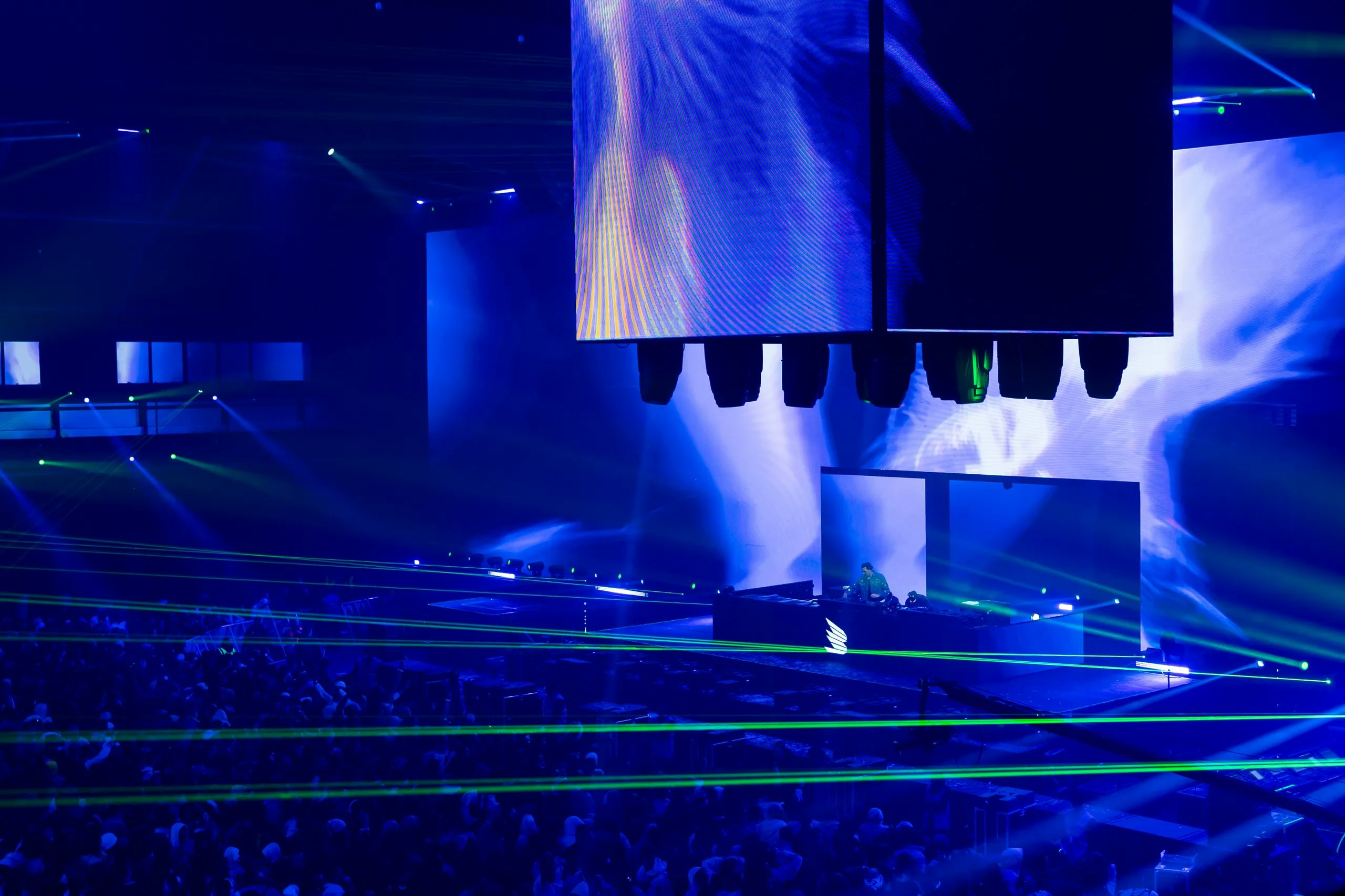
What is EDM? All You Need to Know
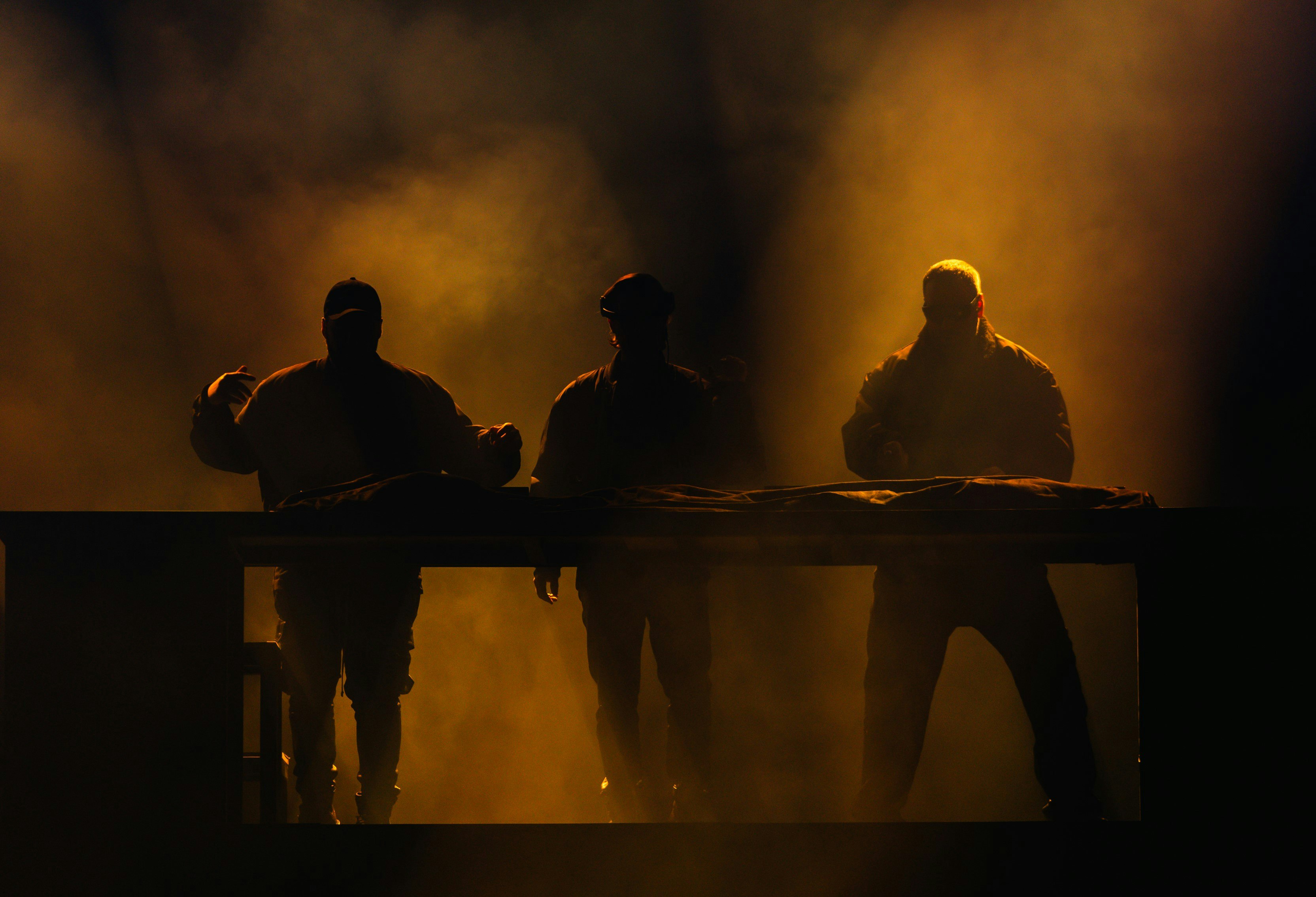
What Is K-pop? Everything You Need to Know
Regional and Cultural Influences on Opera
The history of opera is rich and diverse shaped by the unique regional and cultural influences of different societies. As this powerful and emotive genre originated in Italy during the late 16th century, it soon found its way across continents, adapting and evolving in response to the distinct tastes, traditions, and sensibilities of various regions and cultures.
Italian Opera
Opera was born in Italy, and the early years of this art form were dominated by Italian composers such as Claudio Monteverdi, considered the "father of opera." Italian opera was characterized by its emphasis on melody, expressive vocal techniques, and a close relationship between music and drama. The works of Monteverdi, along with later composers like Giuseppe Verdi and Giacomo Puccini, helped establish the foundations of opera as a truly Italian cultural phenomenon.
German Opera
In contrast to the Italian style, German opera took a different trajectory, emphasizing the integration of music and drama in a more intellectual and philosophical manner. Richard Wagner, a towering figure in German opera, revolutionized the art form with his concept of Gesamtkunstwerk, or "total artwork," where music, drama, and staging work together to create a unified experience. Wagner's operas, such as "The Ring Cycle," explored complex mythological themes and greatly influenced the development of German opera.
French Opera
France contributed to the operatic landscape with its distinctive style characterized by grandeur, spectacle, and a focus on ballet and dance. The French Baroque period saw the rise of composers like Jean-Baptiste Lully, who integrated dance into opera, while the Romantic era brought forth composers like Hector Berlioz and Georges Bizet, known for their passionate and dramatic works such as "Carmen."
Russian Opera
Russia, with its rich cultural heritage, added a unique and deeply emotional flavor to opera. Modest Mussorgsky, Pyotr Ilyich Tchaikovsky, and Nikolai Rimsky-Korsakov created operas that drew inspiration from Russian folklore, history, and literature. The emotional intensity and lush orchestrations of Russian opera reflected the soul of a nation and left an indelible mark on the global opera repertoire.
Eastern Influences - From China to Japan
Opera also found its way to Asia, where it encountered diverse regional influences. Chinese and Japanese opera, rooted in ancient traditions, infused opera with distinct elements of storytelling, music, and visual arts. Composers like Tan Dun have explored the fusion of Eastern and Western musical traditions, creating a bridge between cultures, and expanding the boundaries of opera.
As we conclude our journey through the history of opera, a thrilling note awaits! Saudi Arabia is building its first opera house in Diriyah, a cultural gem set to open in a few years. Designed by Snohetta and Syn Architects, it'll blend tradition with innovation, featuring a 2,000-seat venue, a movable stage, and an outdoor amphitheater. What's unique? It's a non-resident opera house, hosting performances from around the world. While MDLBEAST Soundstorm echoes in the background, get ready for a cultural encore at the Royal Diriyah Opera House.
-
What is Soundstorm? Dive into the world of the most vibrant music festival in the region!
Share this
